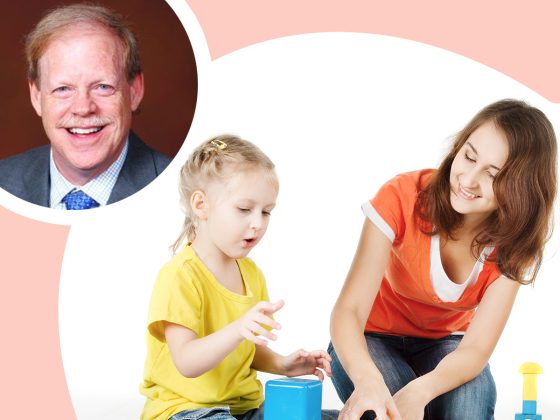
Guest Post: Supporting Children
Ways to support children coping with parental addiction.
By Jerry Moe, National Director, Hazelden Betty Ford Children’s Program; Advisory Board, National Association for Children of Addiction (NACOA).
You provide a kind, caring, and nurturing environment for the children you serve—a space in which they can laugh, play, and learn. You make such a difference in their lives.
You can keep letting children know that there are other grown-ups, like you, who care very much about them, and that they’re not alone. Remind them that all of their feelings are okay, and that they can talk to you about them. Tell parents that structure, consistency, and regular routines provide comfort and predictability.
You can remember five important strategies by remembering “LOVEE”:
Listen: Really hear what children are saying. Give them focused attention. Show them you care.
Observe: Look for non-verbal cues, such as facial expressions and body language. Who looks tired, extra hungry, or unkempt? Who simply doesn’t seem like themselves today?
Validate: Let children know that you hear and understand what they’re telling you. Acknowledge what’s said, ask questions to show your concern, and reflect their feelings in a non-judgmental way.
Educate: Teach children that grown-up problems are never their fault; and that it’s not their job to fix those problems.
Empower: Introduce children to self-care strategies (draw a picture, read or look at a book, exercise, play a game, rest, sing, and have fun with friends).
You can hold up a “mirror” to help children see their beauty and goodness. Regularly “catch them doing something good” and tell them about it. All children can benefit from these strategies, but little ones dealing with the trauma of family addiction really need them. Make a difference. Be the difference!

Plan and Protect
An article about planning for safe caregiving when dealing with substance use.
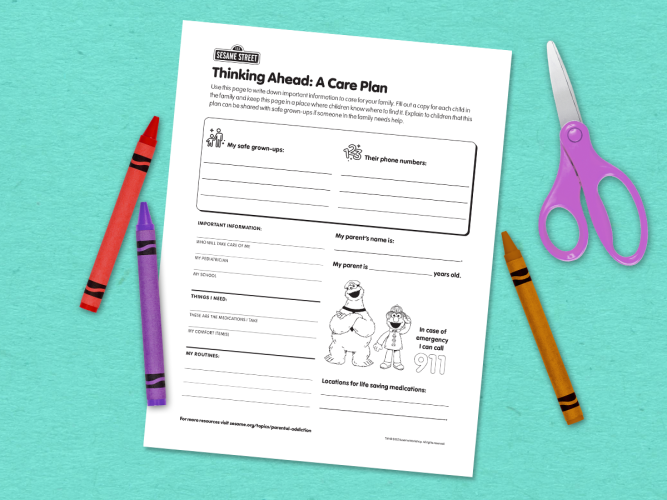
Thinking Ahead: A Care Plan
A printable page to help plan for children’s care in case of unexpected challenges.
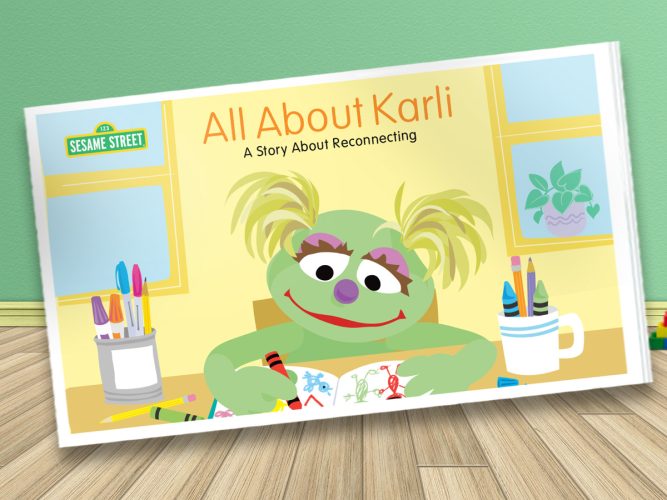
All About Karli: A Story About Reconnecting
A story about reconnecting after a parent and child’s time apart during recovery from addiction.
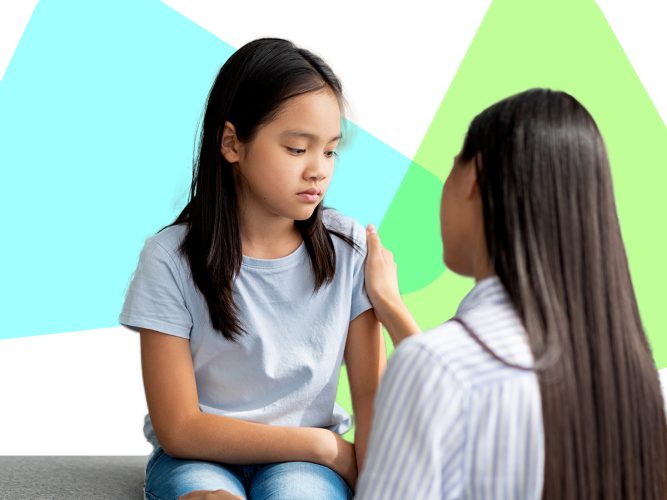
Guest Post: When Plans Don’t Go As Planned
When routines and plans get interrupted, there are ways to talk with children and show them that they’re still safe and loved.
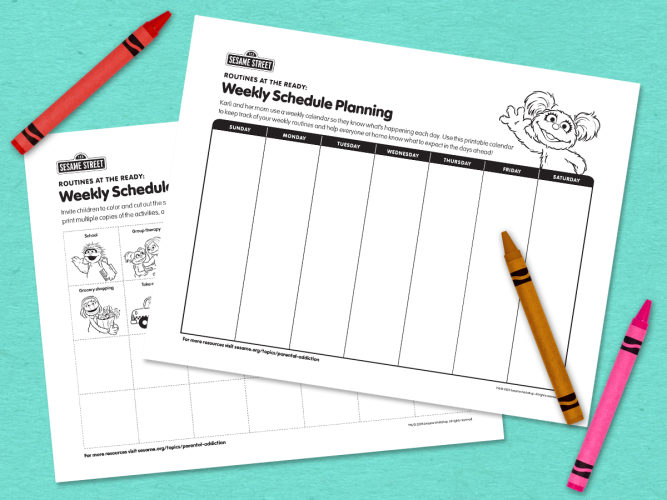
Routines at the Ready: Weekly Schedule
A printable tool for keeping up with routines.
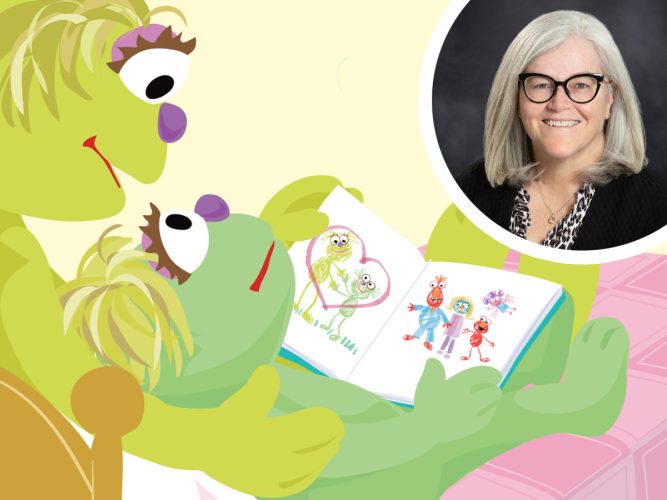
Supporting Whole Family Recovery with Sesame Street
A heartfelt and practical discussion on what it means to reunify as a family after treatment for addiction.
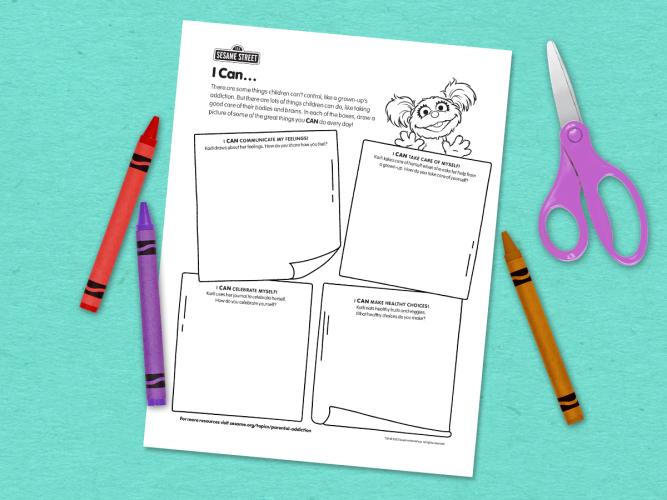
I Can Take Good Care of Myself
A printable page to remind children of all the ways they care for themselves.
